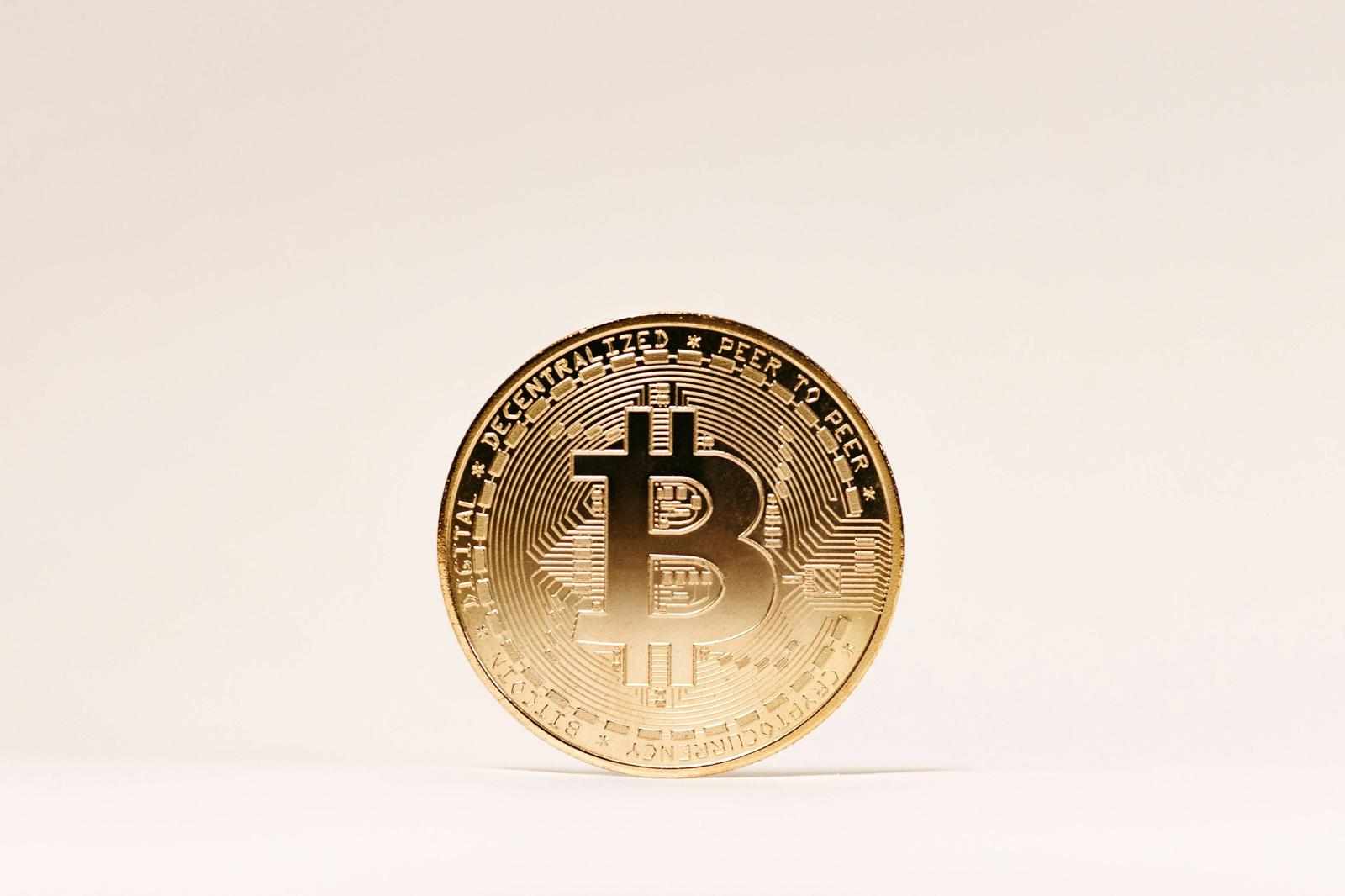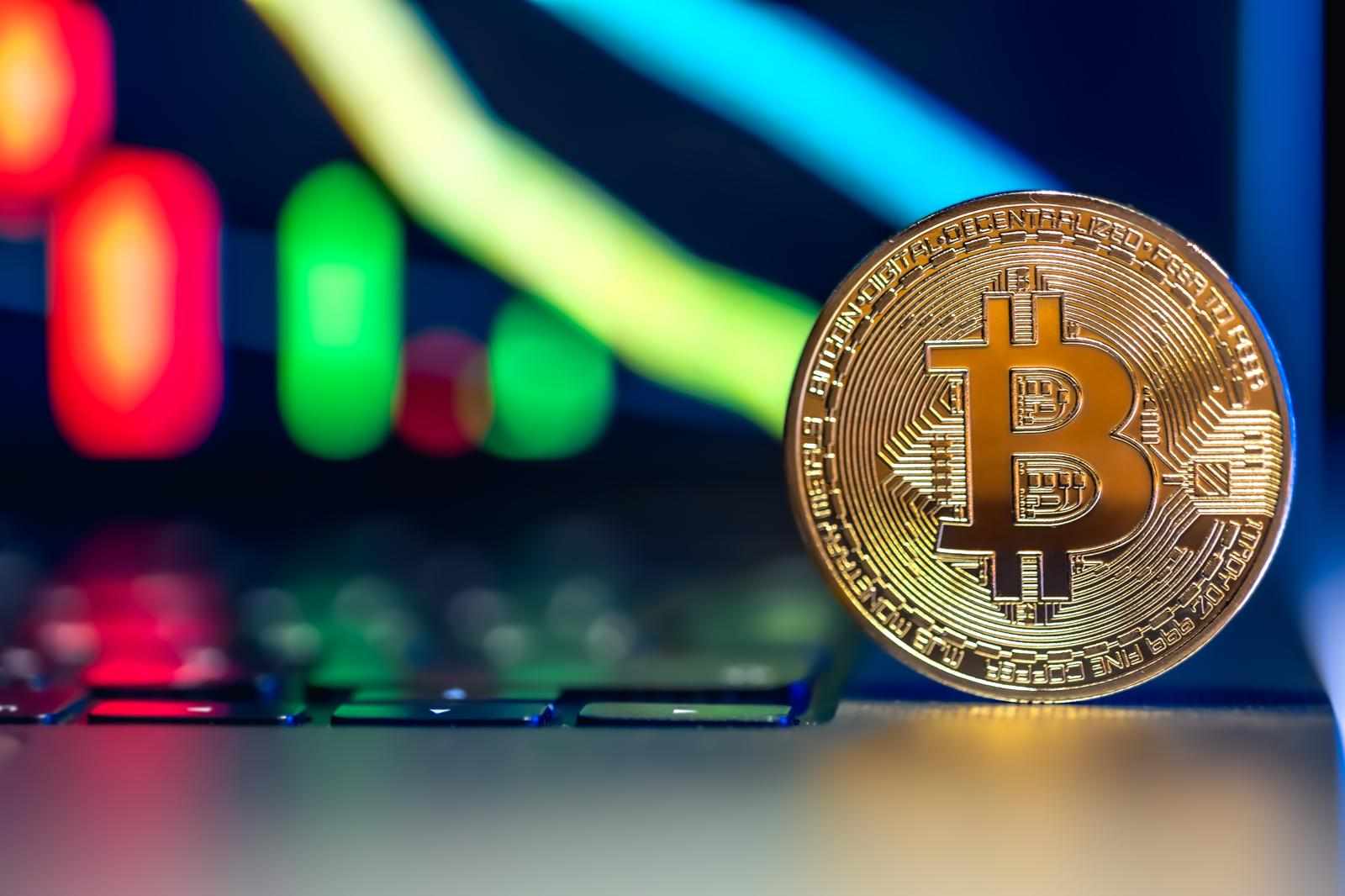
As the cryptocurrency ecosystem rapidly expands, peer-to-peer (P2P) crypto transfers are gaining traction for their ability to facilitate direct, secure, and instant transactions between individuals without intermediaries. While traditional cryptocurrency wallets serve as the primary tools for holding and sending digital assets, they often lack advanced features that can simplify and enhance the user experience. This is where smart wallets come into play, offering a new wave of innovation in the realm of digital asset management. Powered by programmable smart contracts and often integrated with artificial intelligence, smart wallets are revolutionizing the way P2P transfers are conducted. The demand for sophisticated solutions like these has accelerated the growth of Cryptocurrency Wallet Development, pushing developers and companies to create more user-friendly, secure, and intelligent wallets.
Understanding Smart Wallets and Their Role in P2P Transfers
Smart wallets go beyond the basic functions of traditional wallets by embedding programmable logic that can execute specific actions automatically. These wallets leverage blockchain smart contracts to introduce automation, conditional operations, and enhanced security protocols. This advancement directly addresses some of the longstanding challenges in P2P crypto transfers, such as transaction delays, high fees, complex user interfaces, and security vulnerabilities.
One of the most notable features of smart wallets is their ability to perform multi-step transactions without requiring manual intervention. For example, a smart wallet can be programmed to send crypto assets only when certain conditions are met—such as confirmation of receipt of goods in a P2P marketplace or completion of a KYC (Know Your Customer) process. This functionality ensures smoother and more trustworthy exchanges between parties, reducing the risk of fraud or errors.
Moreover, smart wallets often incorporate gas optimization techniques. Gas fees, which are transaction costs on blockchains like Ethereum, can vary widely and impact the cost-effectiveness of transfers. Smart wallets can analyze network congestion and automatically schedule transfers when fees are lowest, making P2P transactions more affordable.
Enhanced Security Features in Smart Wallets
Security remains a critical concern in all cryptocurrency transactions, especially in P2P settings where the trust between parties can vary significantly. Smart wallets improve security by integrating multi-signature authentication, social recovery mechanisms, and biometric identification.
Multi-signature wallets require multiple private keys to authorize a transaction, preventing unauthorized access even if one key is compromised. Social recovery features allow users to designate trusted contacts who can help recover the wallet if the owner loses access, mitigating the risk of losing funds permanently. Biometric authentication, such as fingerprint or facial recognition, adds an extra layer of protection by ensuring only the rightful owner can approve transfers.
Additionally, many smart wallets include real-time transaction monitoring and alerts, notifying users of unusual activity or suspicious attempts to access their funds. This proactive security approach builds greater confidence among users engaging in P2P transfers.
Improving User Experience and Accessibility
One of the major barriers to widespread cryptocurrency adoption is the complexity of wallet interfaces and transfer processes. Traditional wallets often require users to manage complicated addresses, manually calculate transaction fees, and wait for confirmations, which can be daunting for newcomers.
Smart wallets simplify these processes through intuitive user interfaces and automation. For instance, they can auto-fill recipient addresses from contacts or QR codes, estimate fees dynamically, and provide instant status updates on transfer progress. Some smart wallets also integrate conversational AI assistants that guide users through transactions or troubleshoot issues in real time.
Furthermore, smart wallets support cross-chain transfers, allowing users to send assets across different blockchains seamlessly. This interoperability is especially beneficial in the P2P space, where counterparties may use diverse cryptocurrencies.
The Impact of Smart Wallets on Financial Inclusion
Beyond improving convenience and security, smart wallets have the potential to foster greater financial inclusion. Many people worldwide still lack access to traditional banking systems but have mobile devices and internet connectivity. Smart wallets can bridge this gap by enabling secure, low-cost P2P transfers without requiring bank accounts or intermediaries.
Through features like programmable micro-payments, smart wallets can empower users to conduct everyday transactions such as remittances, bill payments, and peer lending with ease. The ability to automate recurring payments or escrow funds conditionally also opens new opportunities for trust-based economic activities in decentralized communities.
Conclusion
Smart wallets represent a significant advancement in the way peer-to-peer cryptocurrency transfers are conducted. By combining automation, enhanced security, user-friendly interfaces, and interoperability, they solve many of the issues faced by traditional wallets. The growing need for such innovative solutions has driven continuous progress in Cryptocurrency Wallet Development, pushing the boundaries of what wallets can achieve.
If you are looking to leverage the power of smart wallets for your crypto projects or want to enhance P2P transfer capabilities, collaborating with a Top Cryptocurrency Wallet Development Company can be the key to success. WisewayTec, known for its expertise and innovative approach in Cryptocurrency Wallet Development, offers tailored solutions that can meet the evolving demands of the crypto community.
Frequently Asked Questions (FAQs)
1. What makes smart wallets different from regular cryptocurrency wallets?
Smart wallets are programmable and automated, allowing conditional transactions and enhanced security features, unlike traditional wallets that mainly store and send assets.
2. How do smart wallets improve the security of P2P crypto transfers?
They incorporate multi-signature authorization, social recovery, biometric authentication, and real-time monitoring, which collectively reduce the risk of theft and unauthorized access.
3. Can smart wallets reduce transaction fees in peer-to-peer transfers?
Yes, smart wallets can optimize gas fees by scheduling transactions during low network congestion, making transfers more cost-effective.
4. Are smart wallets easy for beginners to use?
Many smart wallets focus on user experience by automating complex steps, providing clear interfaces, and integrating AI assistants to guide users through the process.
5. Can smart wallets handle transfers across different cryptocurrencies and blockchains?
Yes, modern smart wallets support cross-chain transactions, enabling seamless transfers between various blockchain networks in P2P scenarios.






Write a comment ...